Sanding Sponge
The surface of the sponge sand is sand, which is sponge inside.
It has super softness and is suitable for grinding any irregular geometric
curved surface. It is better to take it at the same time. Applicable to all
kinds of models doll hardware electronic furniture plastic artificial stone
polishing and polishing sponge sand paper elastic grinding sponge with special
sponge as the substrate, a layer of mineral sand on the outside, so that the
product maintains the original grinding effect, more flexible, good to take and
dry Wet dual-use characteristics. Can achieve twice the result with half the
effort in the injection molding industry. It can handle slips on the surface of
injection molded products, raw edges, and can also be polished.
kitchen nano emery magic clean rust removal sponge melamine
sponge for a wide variety of curved, contoured or flat surface
applications on wood, metal, paint, plastic,
ceramics and drywall.the combination of flexible foam backing material and
abrasive grit adhesion continually releases sanded material.Foam backing allows
optimum pressure distribution to prevent sanding through surfaces,pressure
spots are eliminated providing even surface pattern.Flexible foam allows
adaptability to contours, shapes or areas of limited access,no folding or
buckling results in an even pattern without scratching
We distributes and wholesales various brands of Bonded Abrasives , Abrasive Sanding Disc, Cutting Wheels , Flap Wheels , Flap Disc Backing Pad, Flap Disc Adhesive, and Surface Conditioning Product etc, and enjoy a high position among consumers.
Sanding Sponge,Sanding Sponge Bunnings,Sponge Abrasive Pads,Gator Sanding Sponge Zhengzhou Jiading Abrasive Manufacturing Co.,Ltd , https://www.abrasive-jd.com
First, the lack of nitrogen. Symptoms: The top of the shoots is light yellow, the base leaves are reddish yellow, with red, brown and necrotic spots, which fall off early; the branches are fine, short and hard, the skin is light red to lavender; the fruit is small and smelly. Correction method: during the rainy season and the autumn shoot growth period, when the new shoots are 20-30 cm long, the crown is sprayed with 0.3-0.4% urea solution 1-2 times.
Second, deficiency of phosphorus. Symptoms: roots and shoots grow poorly, leaves are sparse, dark green turns bronze or develops purple, some old leaves are narrow, leaf margins curl outward, early leaves, branches flow glue; fine root growth is extremely short; fruit dark Spotted, unripe and cracked gum, very poor taste. Correction method: spraying 0.2-0.3% potassium dihydrogen phosphate aqueous solution, or 1-3% calcium perphosphate leaching solution or 0.6-1% ammonium phosphate aqueous solution in the growing season.
Third, the lack of potassium. Symptoms: The middle part of the new shoots wrinkled and curled, and then necrotic. The leaves are cracked, cracked, reddish and purplish red; at the end of summer, the apex of the leaves is dead or defocused, so the branches are slender, the flower buds are less formed, and the next year flowers are not real. Correction method: spraying 0.3-0.4% potassium dihydrogen phosphate or 2-3 kg of plant wood ash or 0.45-2.7 kg of potassium chloride in the growing season.
Fourth, calcium deficiency. Symptoms: Tips, leaf margins of the young leaves of the top of the tip or dry along the midrib. In severe cases, the branches are topped and a large number of leaves are fallen. The roots are short, bulbous, with a few linear roots drying out, and a large number of new roots appear in the back of the dead root; the fruit is perishable. Correction method: Spray 0.1% calcium sulphate, or 0.5% calcium nitrate or 0.4% calcium chloride at the beginning of growth; apply 30-50 kg of lime per acre.
Five, magnesium deficiency. Symptoms: The top leaves are chlorotic, darker than the old leaves; the leaf flesh loses chlorophyll, water-spotted spots or purple-red necrotic blocks appear, and the water-stained spots turn greenish white, light brown or brown necrosis, and the leaves fall off. In severe cases, young trees die in winter. Correction method: 0.1-0.3% magnesium sulfate is sprayed on the foliar surface before flower bud differentiation, or the rhizosphere is applied with 30-50 g of magnesium sulfate to 3-5 kg ​​shallow ditch.
Sixth, zinc deficiency. Symptoms: The leaves are chlorotic and develop upward from the base leaves to the leaves. The leaves are narrow and shrink. The apex of the branch is slender and short, and the top is a rosette-like leaf. At the end of the summer, the base of the new shoot is curved, and the leaves appear yellow-like spots, from the bottom to the top; the buds are less, the results are less, more deformed, and have no edible value. Correction method: 0.3-0.5% magnesium sulfate plus equal amount of lime filtrate is sprayed on the crown before germination in spring, or 1% magnesium sulfate solution is sprayed at the initial stage of germination.
Seven, lack of boron. Symptoms: Branchlets withered, followed by leaves. There are many side branches; the leaves are small and thick, deformed and brittle; the surface of the fruit has granular cork tissue, secretions, fruit deformity, and it is not easy to fall off until mature; pollen is less, pollination rate is low, and the effect is firm. Correction method: Spray 0.25-0.5% borax or boric acid 1-2 times during flowering, or apply 150-200 g borax.
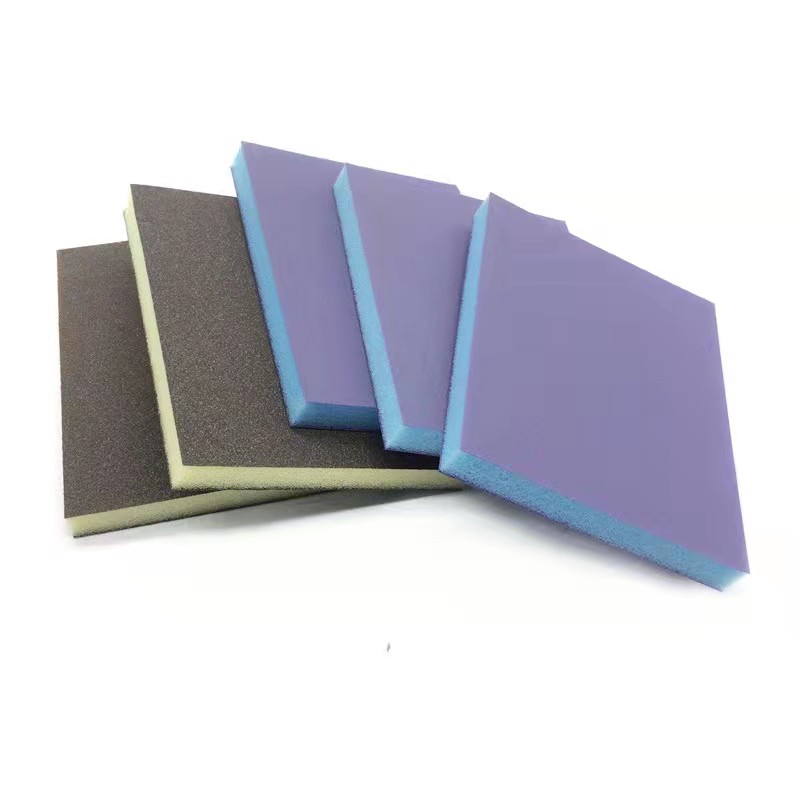
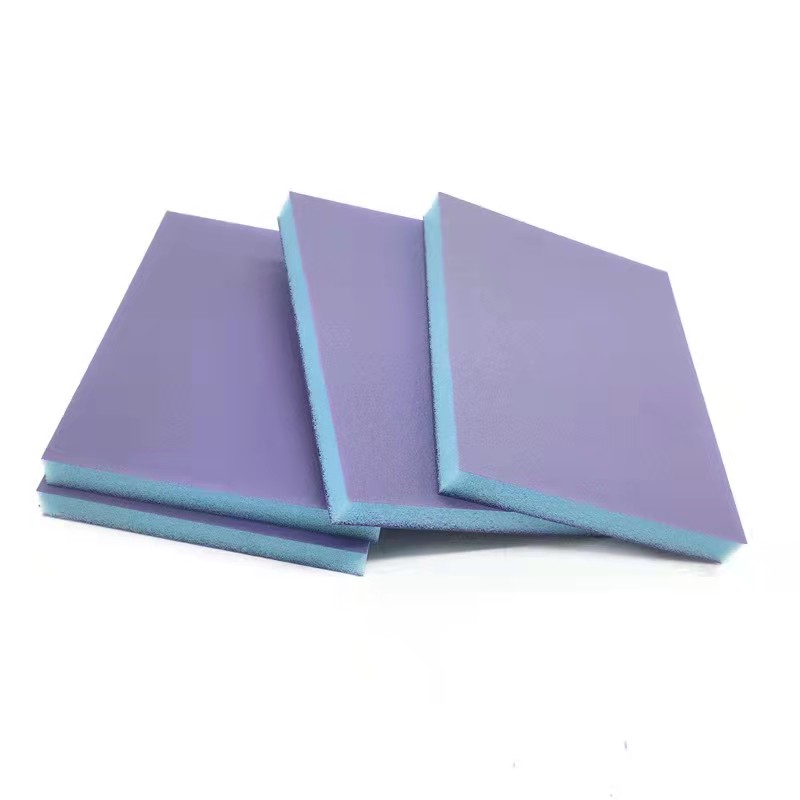
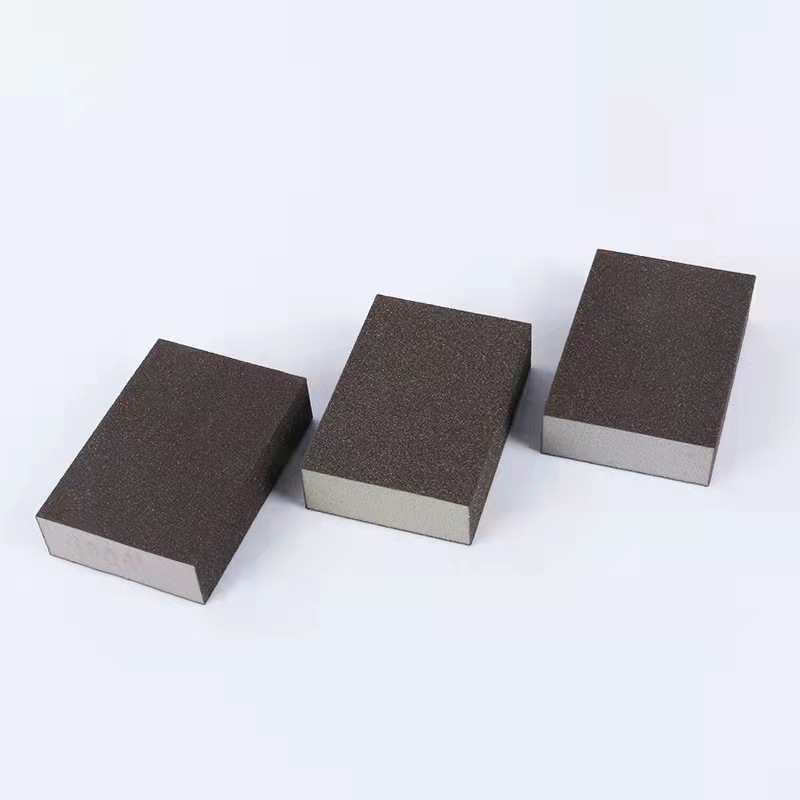
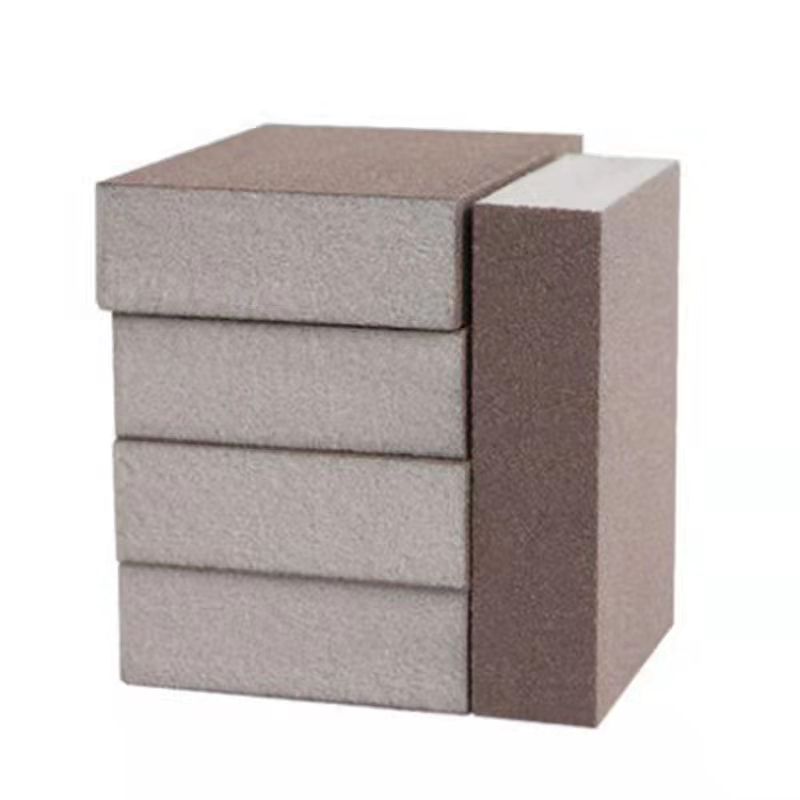
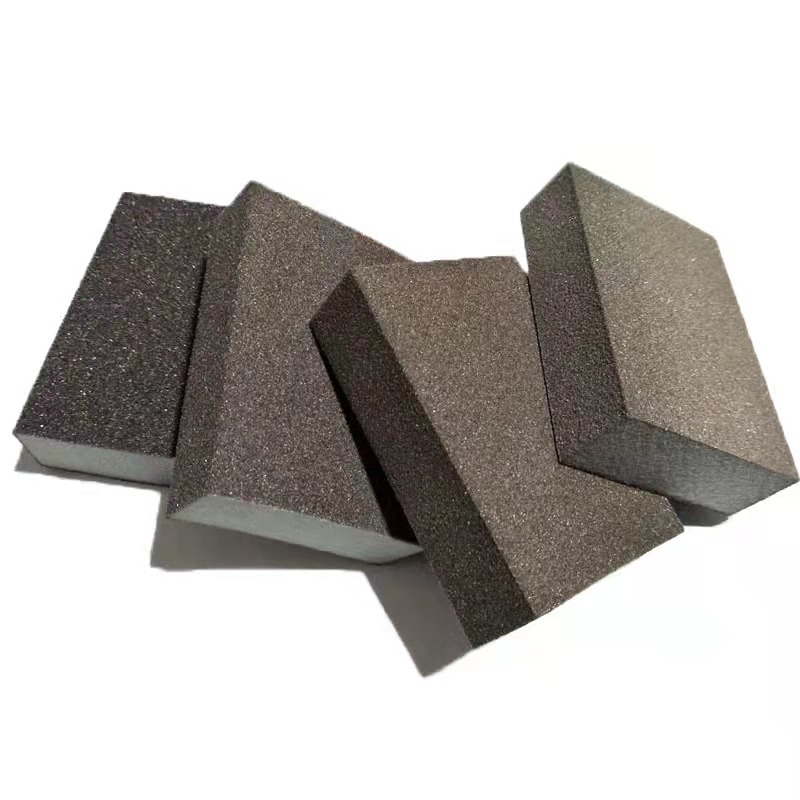
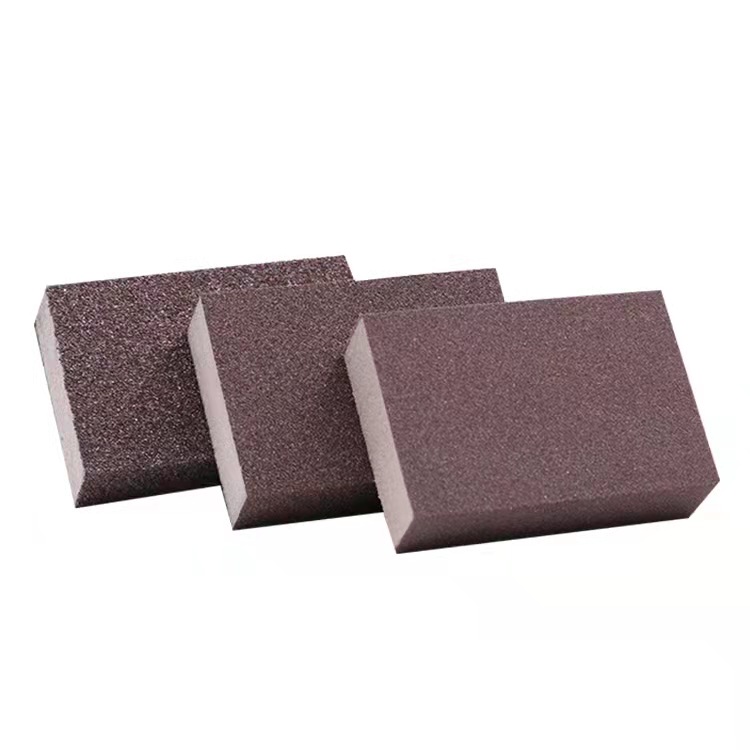
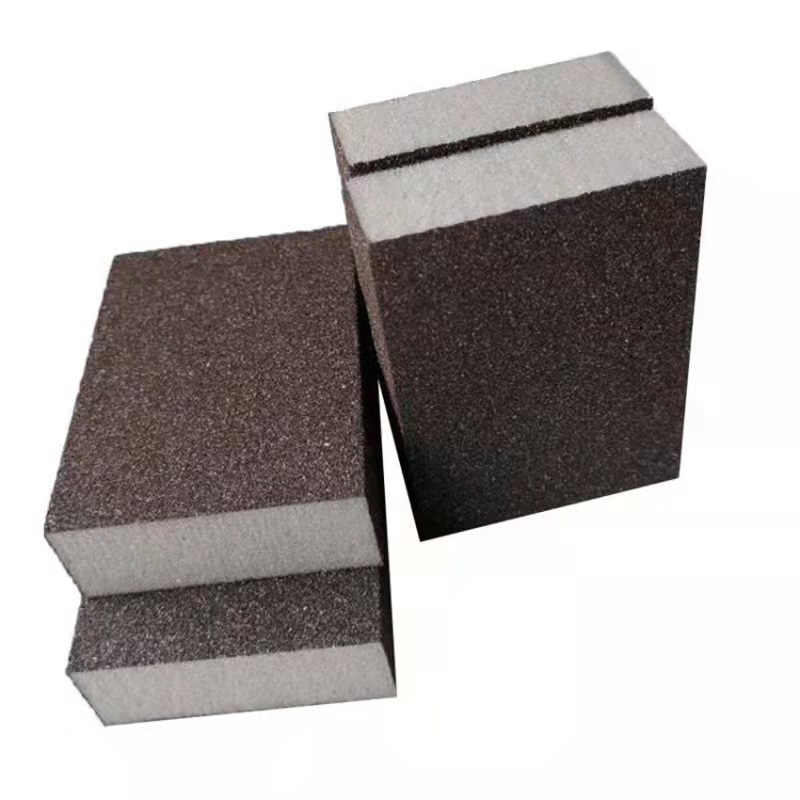
Peach tree deficiency symptoms and treatment methods
At present, the cultivation area of ​​low-demand cold peach varieties such as Taiwan sweet crisp peach and American red peach in our district is expanding, but because of the rapid growth of peach trees, easy flowering, large amount of flowers, annual consumption of nutrients, and more Sand or sandy loam with low organic matter content is more sensitive to the lack of medium and trace elements than other deciduous fruit trees, and is more likely to show deficiency.
ã€Comment】 ã€Print this article】 ã€Close this page】 ã€Large, medium and small】